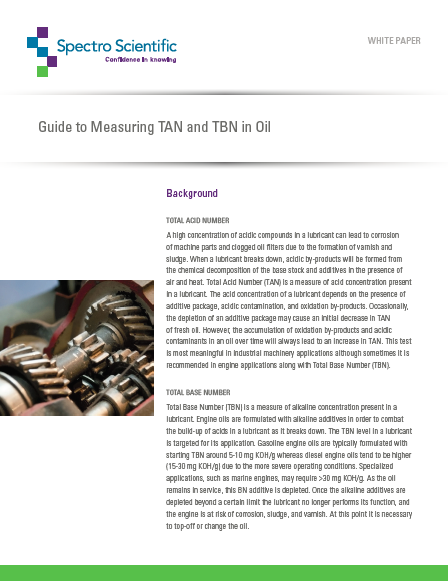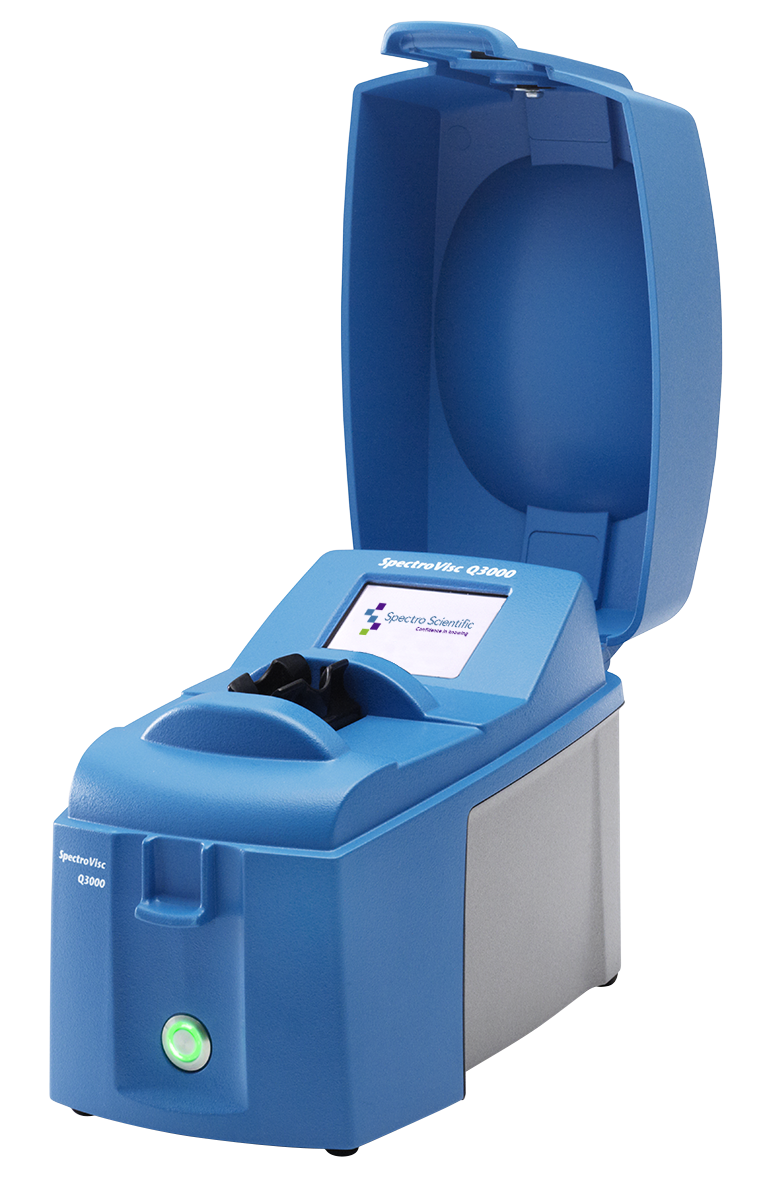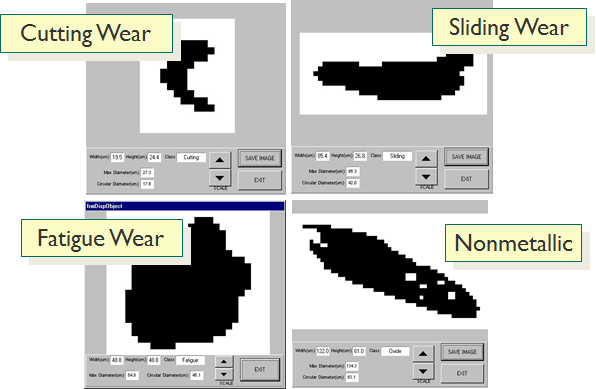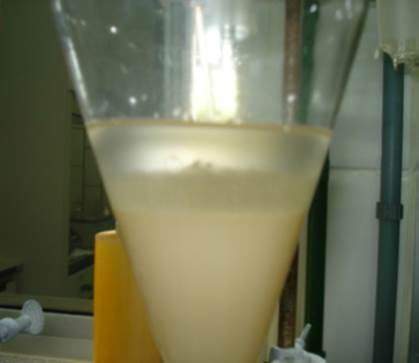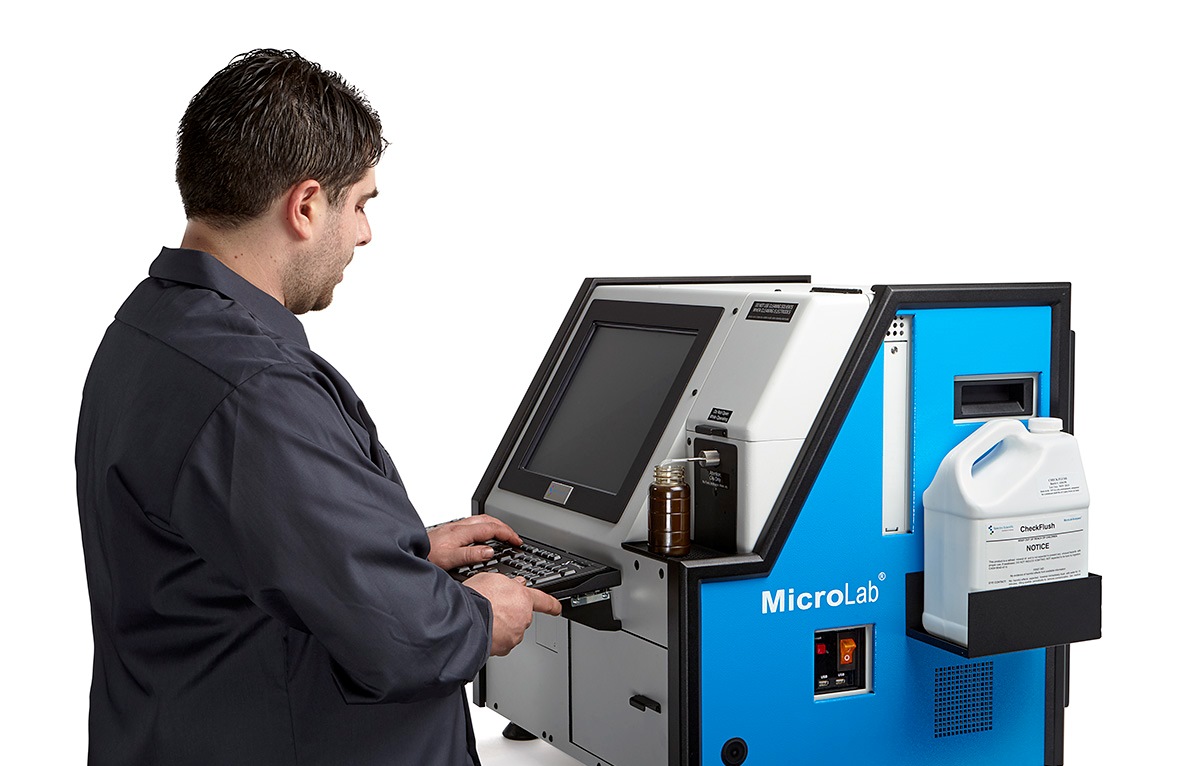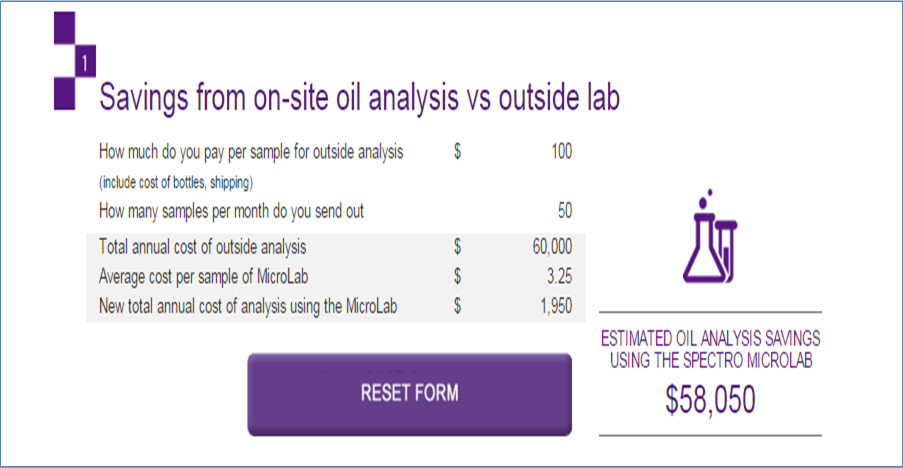Monitoring TAN and TBN is an important test for measuring lubricant condition. There
are several methods available ranging from expensive laboratory methods to quick field
tests. In a laboratory setting, methods are chosen based on the highest accuracy and
repeatability that can be achieved with a decent throughput. Out in the field, it is most
important to get a trustworthy result quickly enough that preventative or corrective
maintenance action can be taken before major equipment failure. The best method to
use depends on the application need.
Eliminate Degassing When Measuring Viscosity of Compressor Oils
Compressor oils can create unique challenges when trying to measure viscosity. Dissolved gases from refrigerants, in particular, tend to bubble out when these oils are measured using traditional viscometers. This can create errors in the measurement, typically causing readings to be much lower than they should be.
Topics: How to
|
||||||||||||||||||||||||||||||||||||||||||||||||
Topics: How to
Particle counting is a critical aspect of any machine conditioning program and
there are many tools out there available to monitor and track the quantity and
severity of the contamination, be it due to external contamination or machine
wear.
Topics: How to
Mining Company Prevents Four Engine Failures Using On-site Oil Analysis
Learn how a gold mine saved more than $1 million in repair costs and lost operating time using an on-site Industrial Tribology Lab (ITL) for predictive maintenance.
Topics: Fleets
Emulsion Breaking Techniques for Oil in Water Solvent Extractions
Certain types of samples, such as those containing detergent, may form emulsions when doing an oil in water extraction into a solvent. The boundary between the solvent and the sample will have an emulsion layer that has a cloudy or milky appearance as shown in this photo.
1. It takes a lot of specialized instrumentation
The days of needing a laboratory full of specialized equipment to do oil analysis are long gone. The MicoLab® all-in-one oil analyzer combines four separate analytical instruments into one compact device. The MicroLab is used to test for elemental analysis, viscosity, oil chemistry and particle contamination. It only requires a small amount of space and is designed to be operated in non-lab environments, like garages, so it is easy to incorporate into your existing work space.
MicroLab is a “lab in a box”
Topics: Fleets
The ASTM International Committee D02.96 on Petroleum Products, Liquid Fuels, and Lubricants recently presented their Award of Excellence to Spectro Scientific's Chief Technology Officer, Dr. Patrick Henning.
Maintaining a fleet of vehicles can be very costly, particularly if that fleet works under difficult conditions, such as a fleet of mining vehicles or a fleet of municipal buses and trucks. Fleet managers are on the lookout for any cost savings they can find. Oil analysis is one area that can offer significant savings and greatly improve workflow in the garage. We've created a savings calculator to estimate how much money a fleet could save by doing oil analysis in house.
There are three main areas of savings available to fleet maintenance managers:
- Savings on used oil analysis
- Savings from extending oil drain intervals
- Savings from early diagnosis of problems
Topics: Fleets

